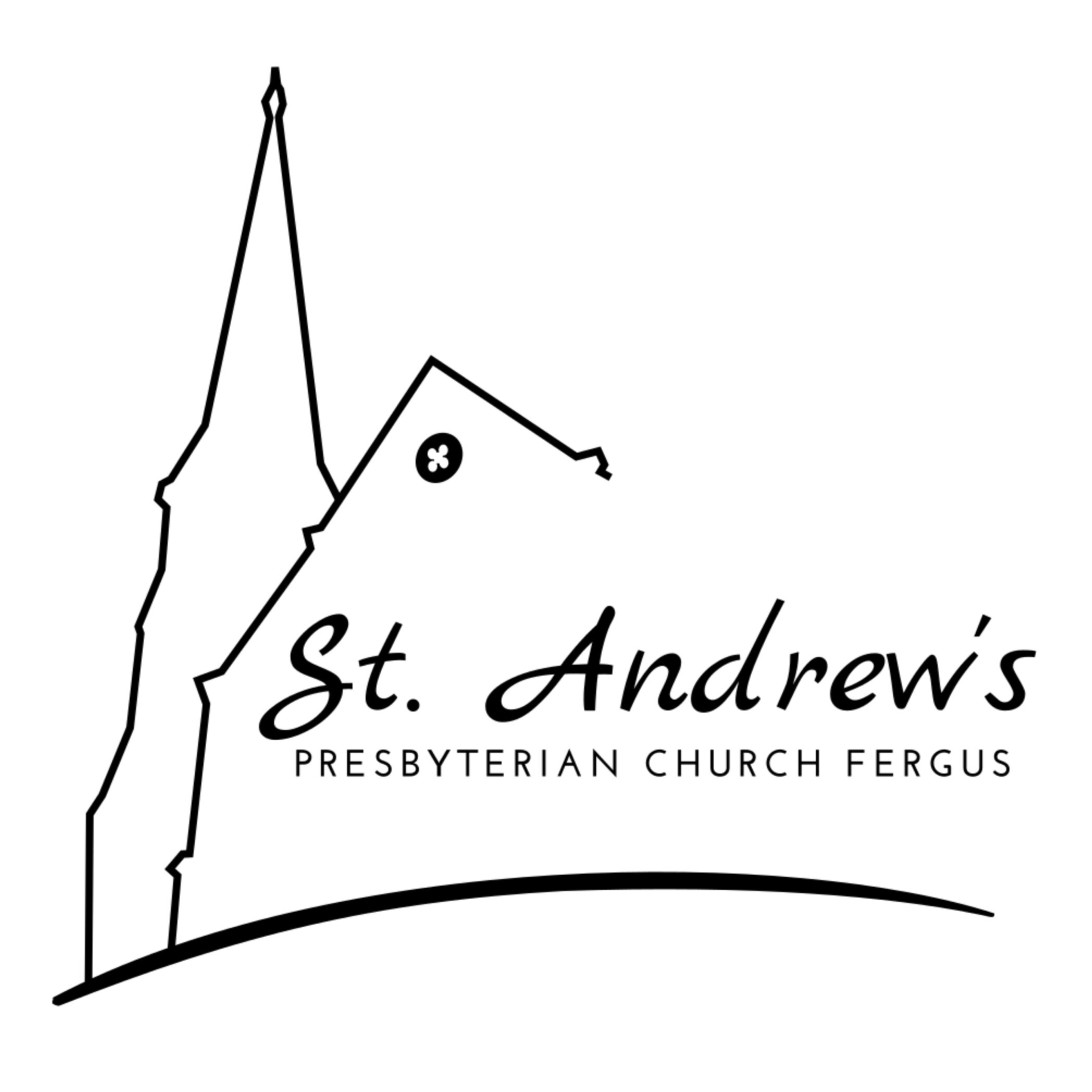Acts 1:1-14
1 In the first book, Theophilus, I wrote about all that Jesus did and taught from the beginning 2 until the day when he was taken up to heaven, after giving instructions through the Holy Spirit to the apostles whom he had chosen. 3 After his suffering he presented himself alive to them by many convincing proofs, appearing to them over the course of forty days and speaking about the kingdom of God. 4 While staying with them, he ordered them not to leave Jerusalem, but to wait there for the promise of the Father. ‘This’, he said, ‘is what you have heard from me; 5 for John baptized with water, but you will be baptized with the Holy Spirit not many days from now.’
6 So when they had come together, they asked him, ‘Lord, is this the time when you will restore the kingdom to Israel?’ 7 He replied, ‘It is not for you to know the times or periods that the Father has set by his own authority. 8 But you will receive power when the Holy Spirit has come upon you; and you will be my witnesses in Jerusalem, in all Judea and Samaria, and to the ends of the earth.’ 9 When he had said this, as they were watching, he was lifted up, and a cloud took him out of their sight. 10 While he was going and they were gazing up towards heaven, suddenly two men in white robes stood by them. 11 They said, ‘Men of Galilee, why do you stand looking up towards heaven? This Jesus, who has been taken up from you into heaven, will come in the same way as you saw him go into heaven.’
12 Then they returned to Jerusalem from the mount called Olivet, which is near Jerusalem, a sabbath day’s journey away. 13 When they had entered the city, they went to the room upstairs where they were staying, Peter, and John, and James, and Andrew, Philip and Thomas, Bartholomew and Matthew, James son of Alphaeus, and Simon the Zealot, and Judas son of James. 14 All these were constantly devoting themselves to prayer, together with certain women, including Mary the mother of Jesus, as well as his brothers.
The Ascension matters – even though the events of Ascension Day are among the most overlooked parts of the story of Jesus. Vs. 1-5 give the context, Jesus lived, died, and rise again. For forty days Jesus hung out with the disciples and others of his followers and during that time Jesus promised that the Holy Spirit would come. In the Ascension Jesus leaves the disciples so that the Holy Spirit can come.
As Jesus was getting ready to ascend to heaven the disciples asked the question that the followers of Jesus have wondered through the ages – “Is this the time when you will set all things right?” It is a reasonable question – Jesus has been raised to life – death has been defeated – is this not then the sign of the coming reign of Jesus?
Jesus answered, saying, “God know the time – what you are called to is to be my witnesses to all people everywhere.” And with that he ascended to heaven. The angels tell the disciples the way he went is the way Jesus will return.
And we join the disciples who saw the ascension – we join the followers of Jesus down through the ages – all of whom have waited with eagerness for Jesus’ return. Buit we are invited to join with the disciples and the others who joined them in prayer. Prayer is central to what it takes to be a follower of Jesus in this time between his ascension and his return.
Ascension Day reminds us that Jesus is coming again, and tells us to pray with the church through the ages – “Even so, come Lord Jesus.”
PRAYER:
O Lord, we rejoice that you lifted Jesus Christ up to your right hand, and that he sits enthroned in heaven with you. We rejoice that he is coming back one day in great glory and awesome majesty to set all things right. Even so, come Lord Jesus. Amen.

